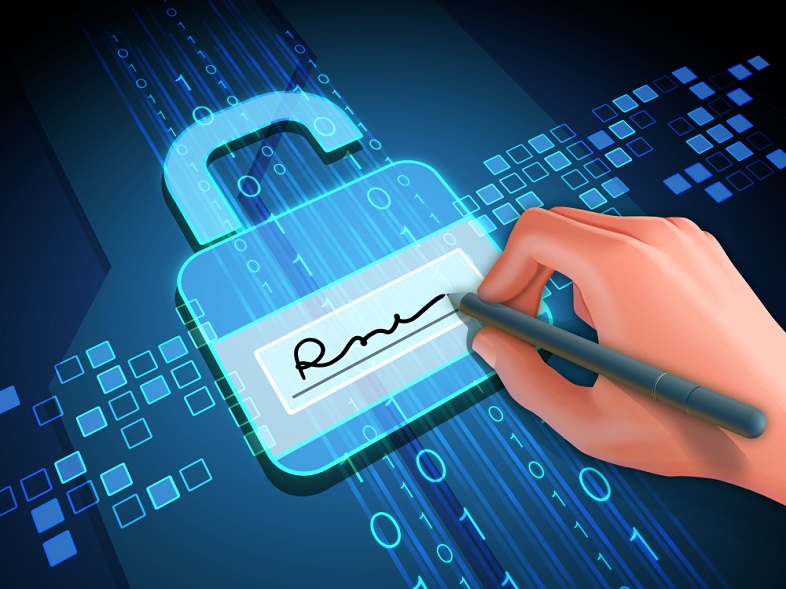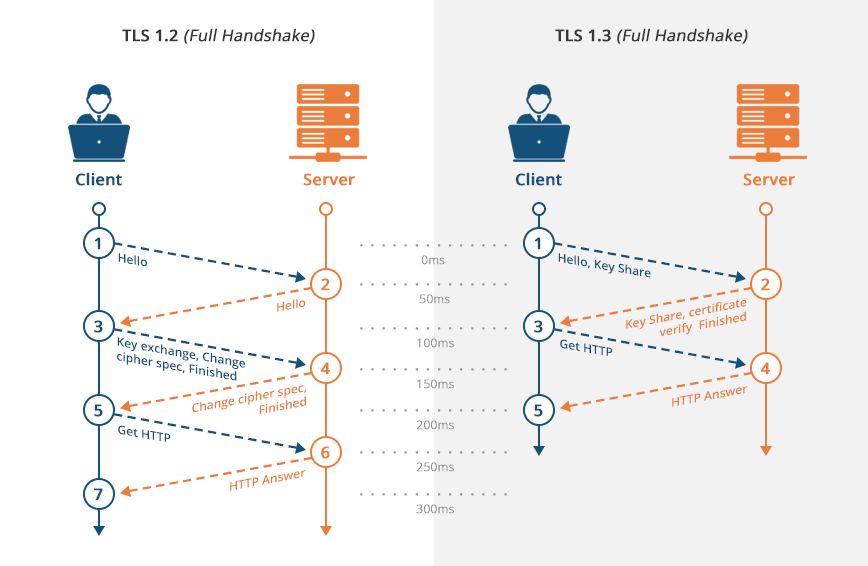
The Essence of Digital Signatures
Digital signatures have become a cornerstone of modern cybersecurity, providing a robust mechanism for ensuring the authenticity and integrity of digital messages. At its core, a digital signature is a cryptographic technique that verifies the origin and integrity of a message or document. In an era where secure communication is paramount, understanding the essence of digital signatures is crucial.
How Digital Signatures Work
Digital signatures operate on the principles of public-key cryptography. A user generates a pair of cryptographic keys – a private key for signing and a public key for verification. When a user signs a message or document, the private key generates a unique digital signature. Recipients can then use the sender’s public key to verify the signature, ensuring that the message has not been tampered with and confirming the sender’s identity.
Ensuring Message Authenticity
One of the primary purposes of digital signatures is to ensure the authenticity of a message. By signing a document with a private key, the sender provides a verifiable proof of authorship. Even a minor alteration to the content would result in a completely different signature, alerting both the sender and the recipient to potential tampering.
The Role of Hash Functions
Digital signatures often involve the use of hash functions to create a condensed and unique representation of the message. The hash function generates a fixed-size string of characters, known as a hash value, which is then signed using the sender’s private key. This approach enhances efficiency and security, as verifying the hash is computationally less intensive than directly verifying the entire message.
Applications in Document Verification
In the digital realm, document verification is a critical aspect of business and legal transactions. Digital signatures provide a secure and efficient way to verify the authenticity of digital documents. From contracts to financial transactions, the ability to confirm the origin and integrity of electronic documents is fundamental to building trust in digital interactions.
Strengthening E-commerce Security
Digital signatures play a pivotal role in securing online transactions. In the world of e-commerce, where financial transactions occur remotely, the need for a secure and trustworthy method of authentication is paramount. Digital signatures ensure that both parties – the buyer and the seller – can trust the integrity of the transaction and the identity of the other party involved.
Regulatory Compliance and Legal Validity
Many industries and jurisdictions have recognized the legal validity and security of digital signatures. Compliance with regulations often requires the use of digital signatures in various contexts, from signing contracts to submitting electronic forms. Understanding and implementing digital signatures is not only a security measure but also a way to ensure compliance with legal and regulatory frameworks.
Protecting Against Impersonation
Digital signatures add an extra layer of security by protecting against impersonation. The private key used to generate a digital signature is unique to the individual or entity. This means that even if the digital signature is intercepted, it cannot be replicated without access to the private key, safeguarding against unauthorized use and impersonation.
Future Trends in Digital Signatures
As technology continues to advance, so too do the trends in digital signatures. From the integration of biometrics for enhanced identity verification to the adoption of blockchain for decentralized and tamper-resistant signature storage, the future holds exciting possibilities for the evolution of digital signature technology.
Conclusion: Navigating the Digital Landscape
In conclusion, digital signatures stand as a powerful tool in the realm of cybersecurity, ensuring message authenticity, document verification, and legal compliance. As the digital landscape evolves, the importance of understanding and implementing robust digital signature practices becomes increasingly significant. To delve deeper into the world of digital signatures, explore Digital Signatures for additional resources and insights.





























